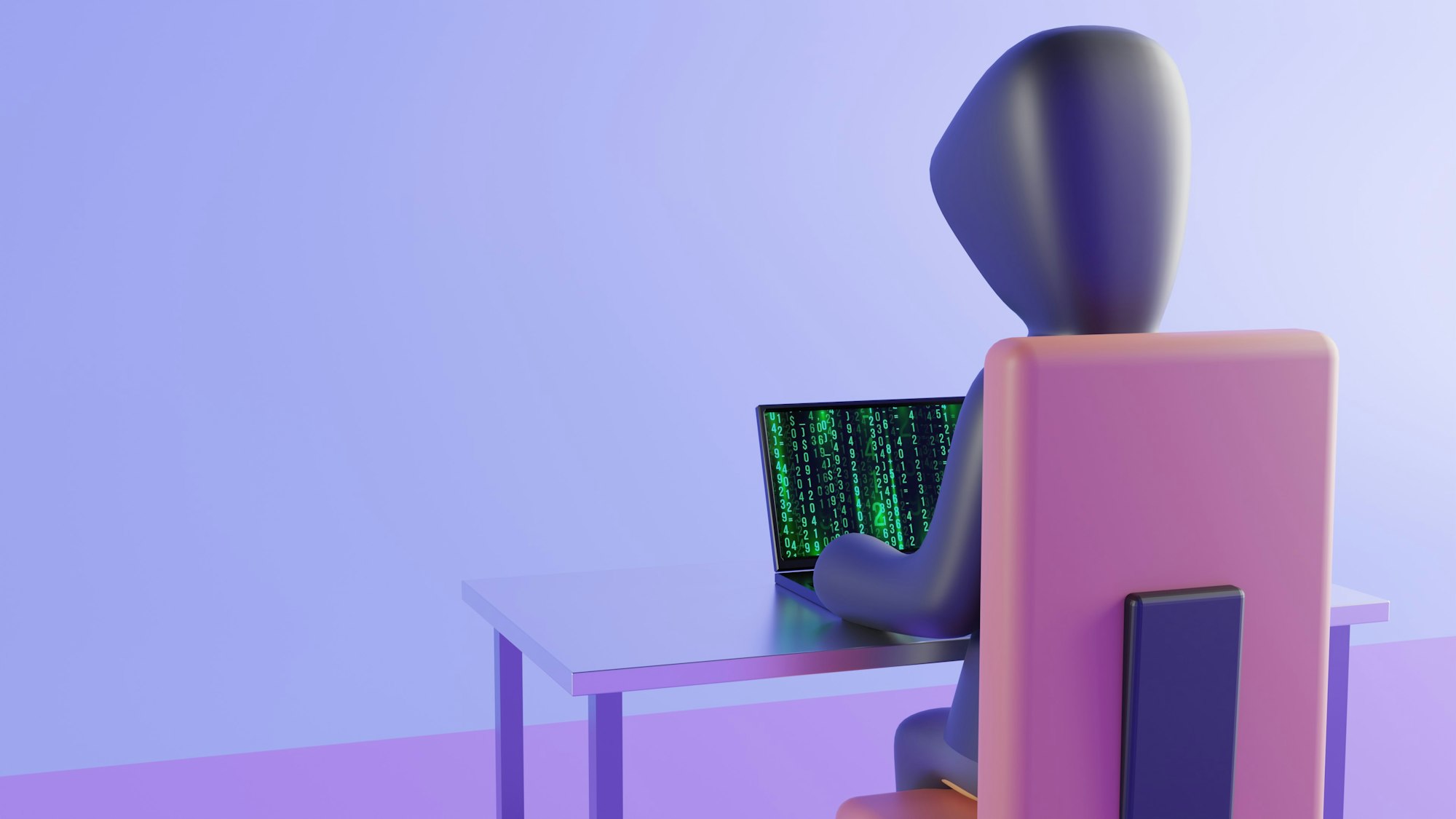Cybersecurity and Remote Work: Protecting Organizations in a Distributed World
The security of company data and systems may be compromised when employees work remotely. Learn what companies must do to fight data breaches.

The worldwide pandemic has expedited the transition in our work habits toward remote work. This modification has produced numerous benefits. For example, businesses can benefit from lower costs and more flexibility.
The security of company data and systems is also seriously compromised when employees work from different places. Employers must exercise further vigilance when allowing workers to access company networks.
They must take precautions against phishing scams and ransomware. Additionally, they must teach remote employees about online safety.
Keeping Remote Work Safe
One of the most important initial steps in protecting remote workers is making sure their companies' internet connections are secure. Virtual private networks, or VPNs, are essential in this case. They create a secure conduit so that information can flow from the network to the remote employee. They safeguard the information from hackers by encrypting it. Nonetheless, the implementation of strong security measures and frequent upgrades is necessary for VPN operation to be effective.
Additionally, businesses are beginning to use zero-trust security. This implies that they don't take anyone attempting to access their network—internal or external to the business—at face value. As a substitute, identity verification is required before access is granted, which helps keep intruders out.
Fighting Scams and Malware
Ransomware and phishing are becoming more sophisticated. They target remote workers, who may not have as much security at home as they would in an office. Phishing entices individuals to divulge confidential data or download malicious software. Ransomware encrypts your files and demands payment to unlock them.
Strong email security is essential for businesses to combat these threats. This covers spam filters and identity verification techniques. Additionally, they need robust security software. It can thwart viruses before they can do any harm. However, technology by itself is insufficient. It's crucial to teach staff members how to recognize and stay away from these scams.
Teaching Employees About Online Safety
It's critical to provide remote workers with internet safety training. Training should be provided to employees to recognize phishing emails, create secure passwords, and handle corporate data with care. They can also improve their ability to spot genuine phishing emails by practicing with phony ones.
Employees should also maintain the most recent versions of their operating systems and antivirus software. These upgrades frequently address security flaws. The flaws could allow hackers to access the system.
Using Multi-Factor Authentication (MFA)
Hackers may find it far more difficult to log in if there is an extra step added to the login procedure. This could entail using your fingerprint or typing a password together with a code given to your phone. This reduces the possibility that an unauthorized user will access the company's network.
Regular security audits
Furthermore, routine security audits and assessments are significant. It is impossible to exaggerate their importance. These checks identify potential vulnerabilities in an organization's IT infrastructure. Before hackers can take advantage of them, they ensure fixing any flaws. We examine and update security policies and procedures to ensure they are effective against the most recent threats.
Collaboration Tools and Cloud Services
Cloud services and collaboration technologies are now necessities for remote work. From the standpoint of cybersecurity, they also require careful thought. Data breaches are reduced when industry-standard security protocols are adhered to by these providers. Data must be encrypted while it's in motion and at rest. Role-based access restrictions ought to also regulate who has access to these tools. By doing this, it is made sure that workers can only access the information and materials required for their jobs.
In conclusion, as more people work from home, workers have more time to cruise https://www.betamo.com/en-CA, and companies have to be careful about online security. They must have sound rules in place, use a variety of technologies, and instruct staff members on how to stay secure online. Maintaining the security of connections, thwarting con artists, and educating employees about safety are all essential components of safe remote work. Having backups and adding extra login stages are also crucial. Following these security precautions is crucial for the future of work in the modern world.






